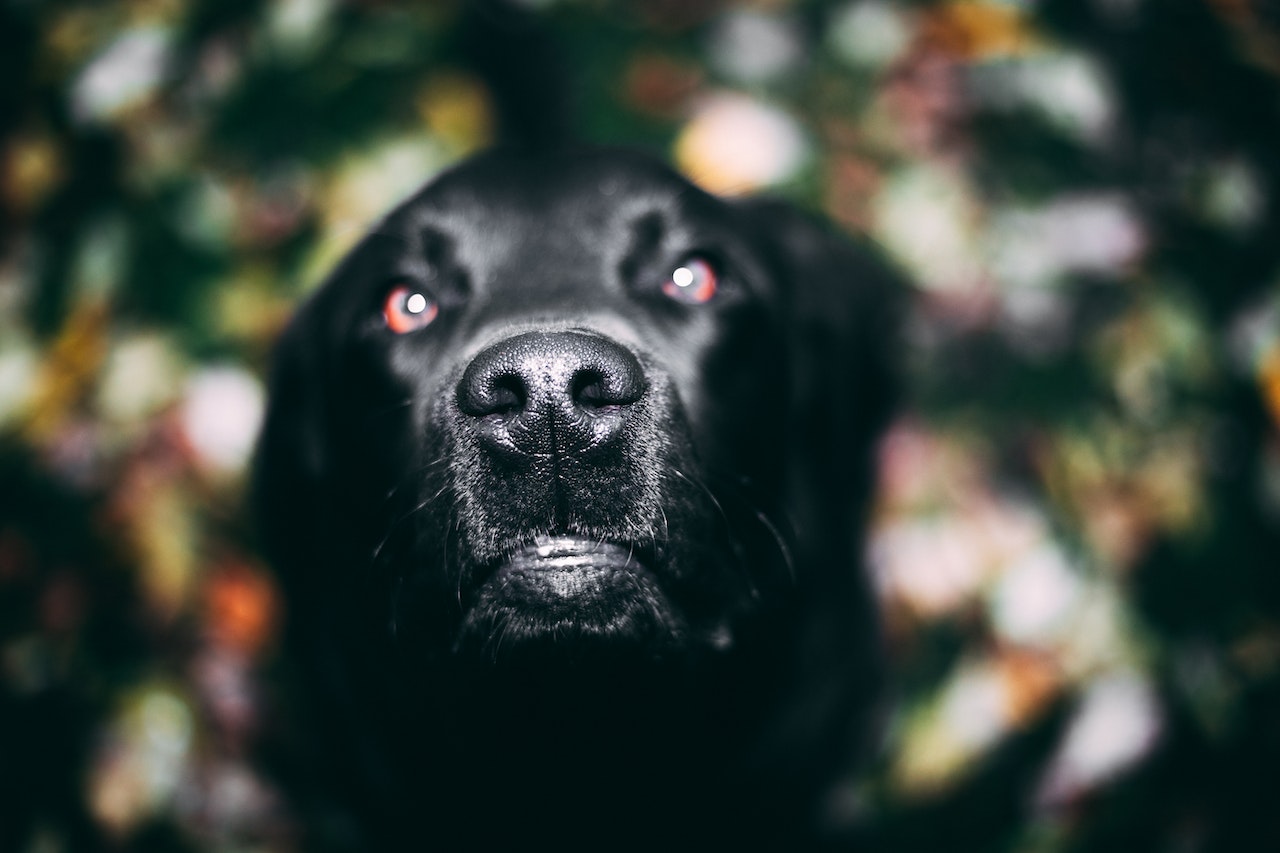Why is My Dog Panting for no Reason
If you’re wondering why your Labrador is panting for no reason, there could be several potential explanations. Panting is a normal behavior for dogs, especially when they are hot or after physical exertion. However, if your Labrador is panting excessively and there doesn’t seem to be an obvious cause, it’s important to pay attention and investigate further.
One possible reason for your Labrador’s excessive panting could be related to their breed. Labradors are known for their high energy levels and love of physical activity. They have a tendency to become easily overheated, especially in warm weather or during intense exercise. Therefore, it’s crucial to ensure that your Labrador has access to shade, fresh water, and a cool environment to help regulate their body temperature.
Another factor that may contribute to excessive panting in Labradors is anxiety or stress. Dogs can exhibit signs of panting when they are feeling anxious or fearful. If you’ve noticed changes in your dog’s behavior or environment that could be causing stress, it’s worth addressing those issues and providing them with a calm and secure space.
Ultimately, if you’re concerned about your Labrador’s unusual panting patterns, it’s always best to consult with a veterinarian. They can evaluate your dog’s overall health and provide guidance on any necessary steps or treatments to help alleviate the issue.
Possible Medical Reasons for Excessive Panting
When it comes to excessive panting in dogs, one possible medical reason to consider is heart disease. Just like humans, dogs can also suffer from various cardiac conditions that can lead to heavy and prolonged panting. Heart disease in dogs, such as congestive heart failure or valve problems, can cause reduced blood flow and oxygenation, leading to increased respiratory effort and panting.
If your Labrador is experiencing excessive panting without any apparent reason, it may be worth consulting with a veterinarian to evaluate the possibility of underlying heart issues. The vet will likely perform a thorough examination and may recommend further tests such as X-rays or an echocardiogram to assess the condition of your dog’s heart.
Respiratory Infections and Panting in Dogs
Respiratory infections are another potential medical cause for excessive panting in dogs. Infections such as pneumonia or bronchitis can irritate the airways and make breathing more difficult for your furry friend. As a result, they may resort to heavier panting as a way to compensate for the compromised respiratory function.
If you notice symptoms like coughing, sneezing, nasal discharge, or difficulty breathing alongside your Labrador’s excessive panting, it could be an indication of a respiratory infection. It’s crucial not to ignore these signs and seek prompt veterinary care. A veterinarian will be able to diagnose the infection accurately through physical examination and possibly recommend additional diagnostic tests like blood work or chest X-rays.
Heatstroke and its Effects on Panting
Heatstroke is yet another factor that can contribute significantly to excessive panting in dogs. Labradors are known for their playful nature and love for outdoor activities; however, this also puts them at risk of overheating during hot weather or intense physical exertion.
When a dog becomes overheated due to high temperatures or inadequate ventilation, their body temperature can rise rapidly. Excessive panting is one of the primary ways dogs regulate their body temperature and cool down. If your Labrador has been exposed to extreme heat and is panting excessively, it could be an indication of heatstroke.
Heatstroke is a medical emergency that requires immediate attention. Contact your veterinarian right away if you suspect your dog is suffering from this condition. While you wait for professional help, move your Labrador to a shaded area, provide fresh water, and use cool towels or water sprays to help lower their body temperature.
Remember, excessive panting in dogs can have various underlying causes. It’s crucial to consult with a veterinarian for accurate diagnosis and appropriate treatment. Prompt veterinary care ensures the well-being and health of your beloved Labrador companion.
